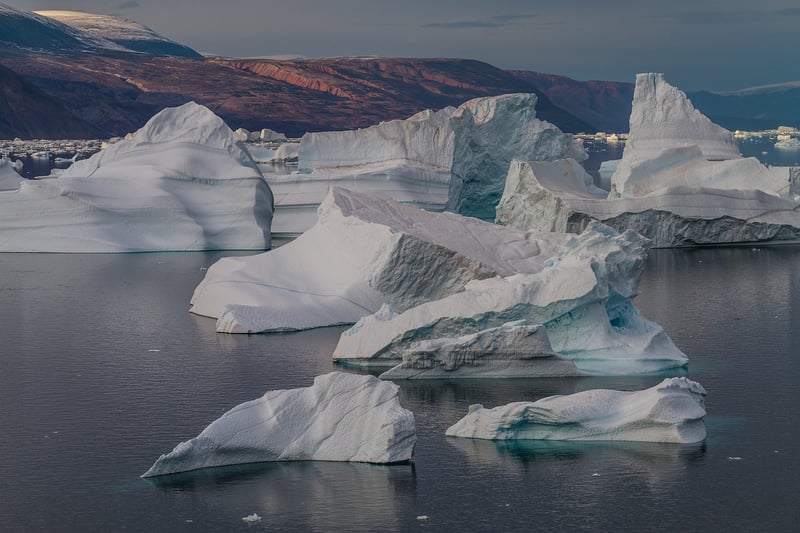Future Expeditions
Exploring Time Periods and Future Expeditions
Introduction
Embarking on a journey through time can be a thrilling and enlightening experience. Whether you're fascinated by ancient civilizations, intrigued by historical events, or curious about future possibilities, exploring different time periods opens up a world of knowledge and wonder. Additionally, planning for future expeditions to as-yet-unseen eras can spark excitement and anticipation for what lies ahead.
Ancient Civilizations
Traveling back in time to explore ancient civilizations can provide valuable insights into how societies developed and thrived in the past. Visiting archaeological sites such as the Pyramids of Giza in Egypt, Machu Picchu in Peru, or the Acropolis in Greece allows us to marvel at the engineering prowess and cultural achievements of our predecessors.

Historical Events
Studying significant historical events like the Renaissance, the Industrial Revolution, or World War II can deepen our understanding of how the world has evolved over time. Exploring museums, battlefields, and monuments related to these events can bring history to life and help us appreciate the struggles and triumphs of past generations.

Future Expeditions
While delving into the past is enriching, contemplating future expeditions can be equally exciting. Imagine venturing to distant planets, exploring advanced civilizations, or witnessing groundbreaking technological innovations. The possibilities for future exploration are limitless and offer a glimpse into what lies beyond our current understanding of time and space.
Exploring New Horizons
Future expeditions may involve space travel to Mars, the discovery of habitable exoplanets, or the development of time-travel technology. These ventures hold the promise of unraveling the mysteries of the universe and pushing the boundaries of human exploration to unprecedented levels.

Technological Advancements
Advancements in artificial intelligence, quantum computing, and genetic engineering could shape future expeditions in ways we can only imagine. From creating sustainable habitats on other planets to unlocking the secrets of the human genome, technology will play a crucial role in shaping the future of exploration.

Conclusion
Exploring time periods, whether ancient or future, allows us to gain a deeper appreciation for the world we live in and the possibilities that lie ahead. By immersing ourselves in the past and contemplating the future, we can expand our horizons, fuel our curiosity, and inspire future generations to continue the legacy of exploration.
